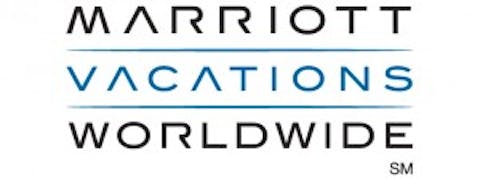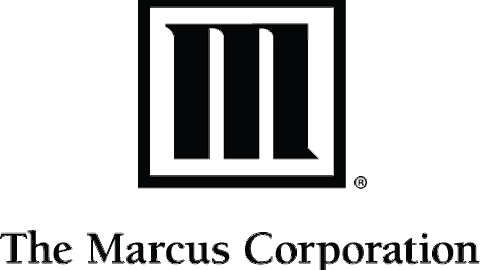
(Time)Shares up
Marriott Vacations Worldwide Corp (NYSE:VAC) posted impressive earnings last week, with second-quarter profits up sixfold, and revenues growing in the double digits.
Specifically, the company delivered $421 million in sales — up 10% from $383 million in the year-ago quarter. The Street was expecting in the low 400s, giving investors a cause to rally the stock to its highest price since the IPO in November 2011.
At the bottom of the income statement, things looked even better — Marriott Vacations Worldwide Corp (NYSE:VAC) posted adjusted earnings of $0.73 per share. This came in substantially higher than the year-ago earnings of $0.33 per share, and far above Wall Street estimates of $0.48 per share. Management credits the growth to increased demand and a favorable mix of inventory.
Marriott Vacations Worldwide Corp (NYSE:VAC) holds two valuable names in the hospitality industry — the namesake, Marriott Vacation Club, and its premium sister, Ritz Carlton Destination Club. The recent success of the two brands led management to bump up full-year guidance to $1.94 -$2.10 per share, up $0.07 on either end from previous estimates.
Clearly, the company has prospered since its separation from the mothership, but can industry tailwinds continue to push this stock higher?
Future planning
Some investors were concerned with the company’s lower year-over-year contract sales and tour volumes — elements that suggest business will soften going forward. However, as noted by Cantor Fitzgerald, the company’s strategies have boosted margins, as evidenced by the 8% growth in room efficiencies and shifts in owner preferences. Investors should also note that the lower contract sales were mainly a matter of closing underperforming sales centers in the Asia-Pacific region.
With the exception of some softness in Europe, the company appears to be firing on all cylinders.
On a free cash flow basis, the company is expecting in the neighborhood of $120 million to $135 million. This implies a P/FCF of 11.63 times, to 13.08 times. Marriott Vacations Worldwide Corp (NYSE:VAC) is the only current pure play timeshare stock (there is another on the way — Diamond Resorts International), which makes comps somewhat difficult. And, despite its fantastic growth since its IPO, Marriott Vacations does not appear to be overvalued, especially given the long-term outlook for the industry. The company has found ways to cut costs, as the separation from Marriott International Inc (NYSE:MAR) is further and further in the rear view. These efforts should continue to save money over the next few years, especially on a tax basis.
Trading at over 18 times forward earnings, Marriott Vacations is slightly more expensive than its parent company, but the bottom line is that substantial growth tailwinds and wise management make this a compelling play for investors.
The article Marriott’s Timeshare Business Is Looking Great originally appeared on Fool.com and is written by Michael Lewis.
Fool contributor Michael Lewis has no position in any stocks mentioned. The Motley Fool has no position in any of the stocks mentioned.
Copyright © 1995 – 2013 The Motley Fool, LLC. All rights reserved. The Motley Fool has a disclosure policy.



